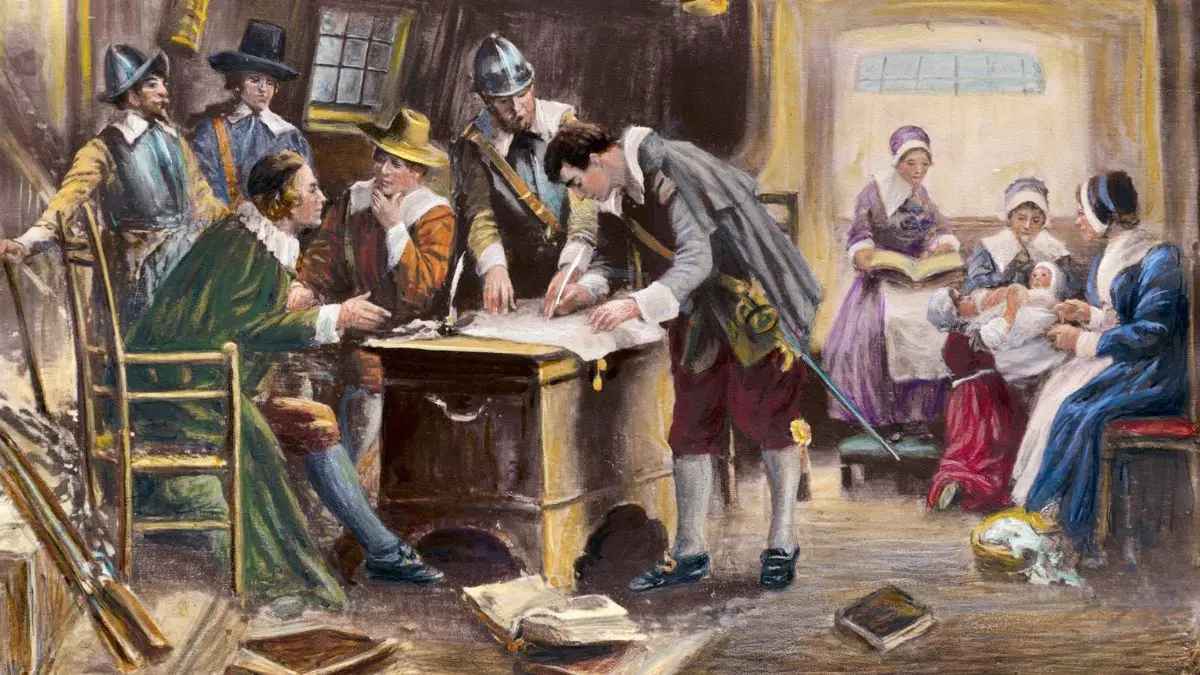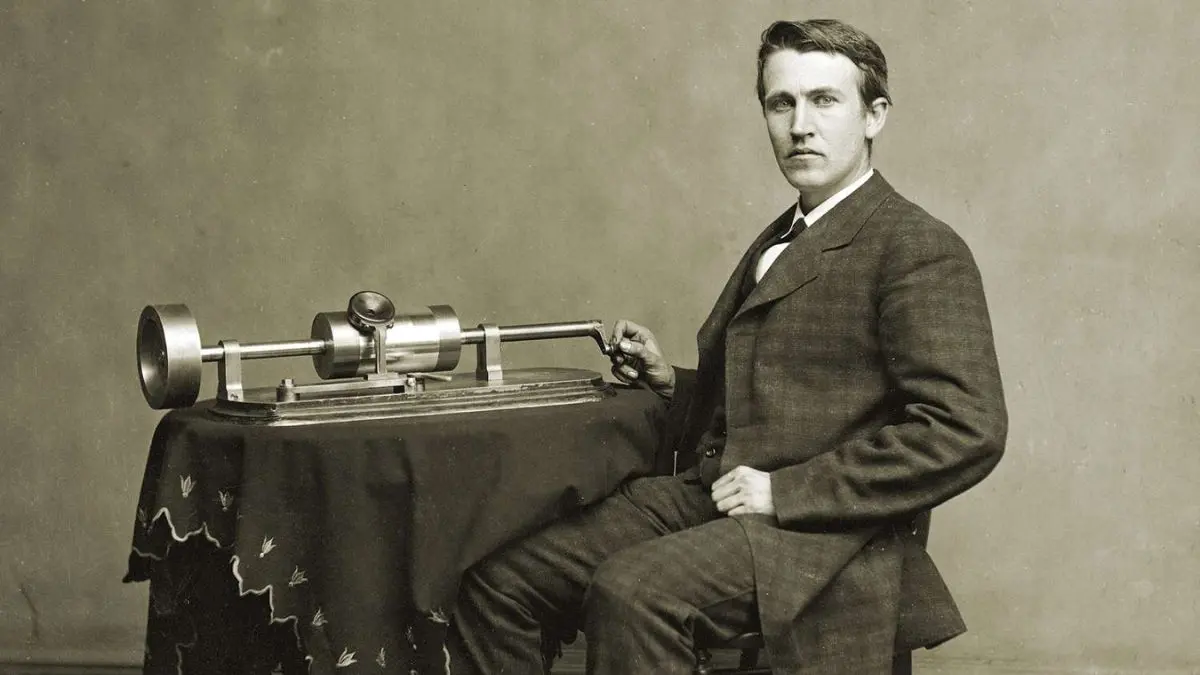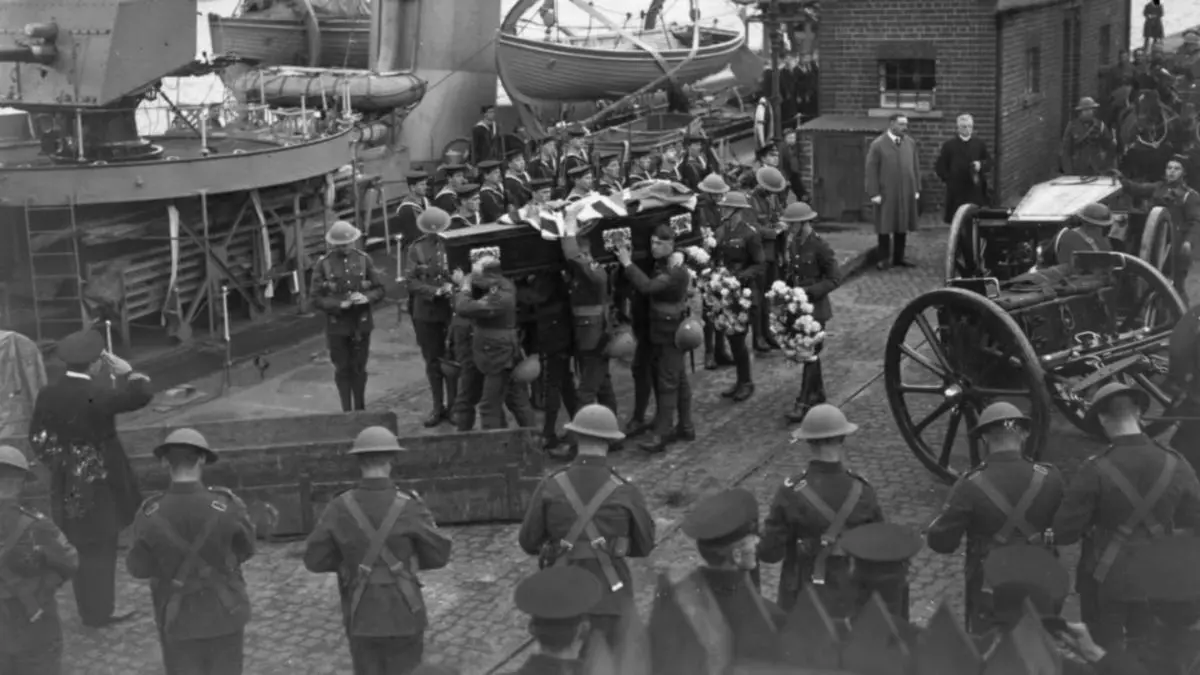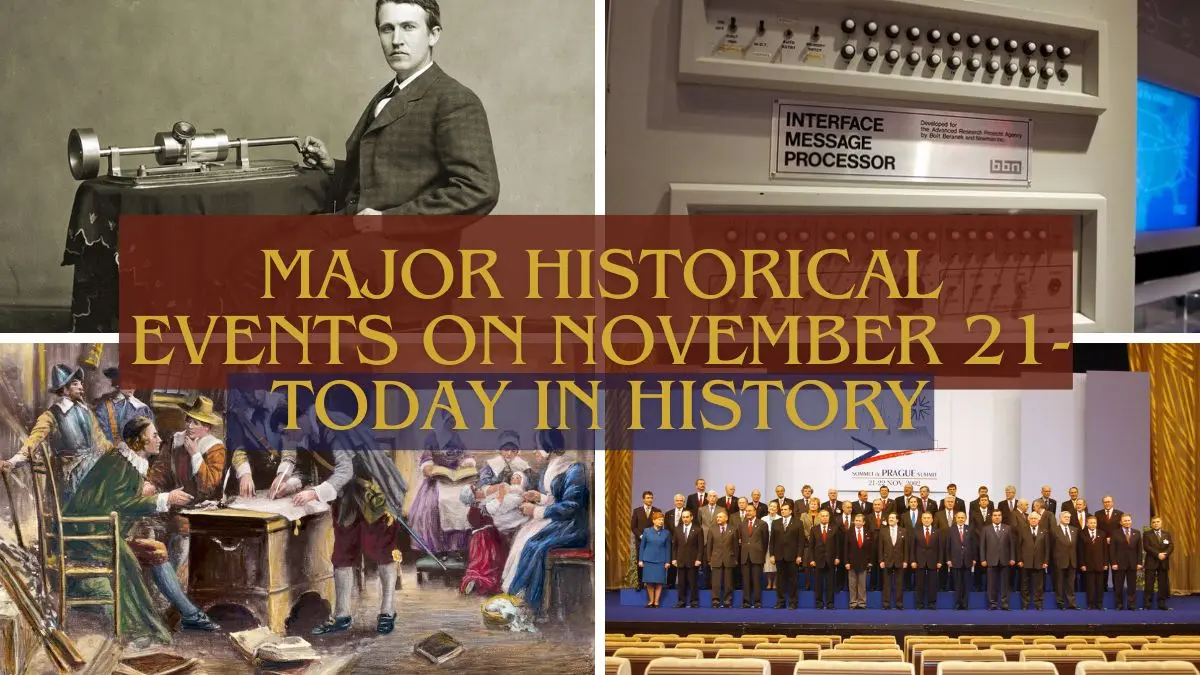Time has an uncanny way of weaving stories on specific days. Journey through time with us as we explore the major historical events that make November 21 a noteworthy day in history.
Major Historical Events on November 21- Today in History
Mayflower Compact: Foundation of Self-Governance – 1620 AD
Aboard the Mayflower, 41 male passengers signed the Mayflower Compact, pledging to establish and follow a government by consent. This historic agreement laid the groundwork for democracy in the New World.

The First Crewed Hot-Air Balloon Flight – 1783 AD
Jean-François Pilâtre de Rozier and François Laurent, marquis d’Arlandes, made history by flying across Paris in a Montgolfier balloon. Crafted by Joseph-Michel and Jacques-Étienne Montgolfier, this marked the dawn of human air travel, opening doors to modern aviation.
North Carolina Joins the Union – 1789 AD
North Carolina ratified the U.S. Constitution, becoming the 12th state to join the Union.
Napoleon’s Economic Warfare: The Continental System – 1806 AD
Through the Berlin Decree, Napoleon implemented the Continental System, a blockade aimed at crippling Britain’s trade by isolating it from European markets. This strategic move fueled tensions and reshaped global trade patterns.
Thomas Edison Announces the Phonograph – 1877 AD
Inventor Thomas Edison announced the creation of the phonograph, a groundbreaking device capable of recording and reproducing sound, revolutionizing the music industry.

Second Anglo-Afghan War Launched by Lord Lytton – 1878 AD
As Viceroy of India, Lord Lytton initiated the Second Anglo-Afghan War to counter Russian influence in Afghanistan. This conflict marked a pivotal chapter in the “Great Game” between Britain and Russia for control in Central Asia.
René Magritte: Surrealist Visionary Born – 1898 AD
Belgian artist René Magritte, renowned for his thought-provoking and enigmatic surrealist works, was born. His art blended humor and Mystery, influencing modern pop culture and inspiring countless artists.
Baseball Legend Stan Musial Born – 1920 AD
Stan Musial, one of baseball’s greatest hitters, was born in Donora, Pennsylvania. Nicknamed “Stan the Man,” he achieved 3,630 hits in his career and remains a beloved figure in Major League Baseball history.
Bloody Sunday in Ireland: Tragedy and Violence – 1920 AD
The Irish Republican Army executed 11 suspected English intelligence agents, sparking brutal retaliation by British forces at a Gaelic football match in Dublin. The attack killed 12 civilians and left over 60 injured, escalating Irish-British conflict.

Rebecca Felton: First Woman in the U.S. Senate – 1922 AD
Rebecca Ann Felton of Georgia broke barriers by becoming the first female U.S. senator, albeit serving only two days. Her appointment symbolized progress in women’s political representation during the 20th century.
Horror Icon “Frankenstein” Debuts – 1931 AD
The film Frankenstein, inspired by Mary Shelley’s novel, premiered in the U.S., cementing Boris Karloff’s portrayal of the monster as a cinematic legend. It remains a cornerstone of the horror genre.
Verrazzano-Narrows Bridge Opens – 1964 AD
The Verrazzano-Narrows Bridge, connecting Brooklyn to Staten Island, became the world’s longest suspension bridge upon opening. This engineering marvel transformed New York’s transportation landscape.
First Permanent ARPANET Link Established – 1969 AD
The first permanent link on the ARPANET, the precursor to the modern Internet, was established between UCLA and the Stanford Research Institute.

Dayton Accords End the Bosnian War – 1995 AD
The Dayton Accords were signed, bringing peace to war-torn Bosnia after three years of conflict. Negotiated by leaders from Bosnia, Croatia, and Serbia, the agreement redefined the region’s political future.
UFW Ends Table Grape Boycott – 2000 AD
The United Farm Workers, led by Cesar Chavez, ended its boycott of California table grapes to protest hazardous pesticides. This marked a victory in the decades-long fight for farmworkers’ rights and workplace safety.
NATO Expands in Prague Summit – 2002 AD
Bulgaria, Estonia, Latvia, Lithuania, Romania, Slovakia, and Slovenia were invited to join NATO, reinforcing the alliance’s presence in Eastern Europe. This marked a major step in post-Cold War integration.

Robert Mugabe Resigns in Zimbabwe – 2017 AD
After 37 years in power, Robert Mugabe resigned as Zimbabwe’s leader amid impeachment proceedings. His exit ended an era of authoritarian rule, sparking hope for democratic reform in the country.
Also Read: Major Historical Events on November 20- Today in History









